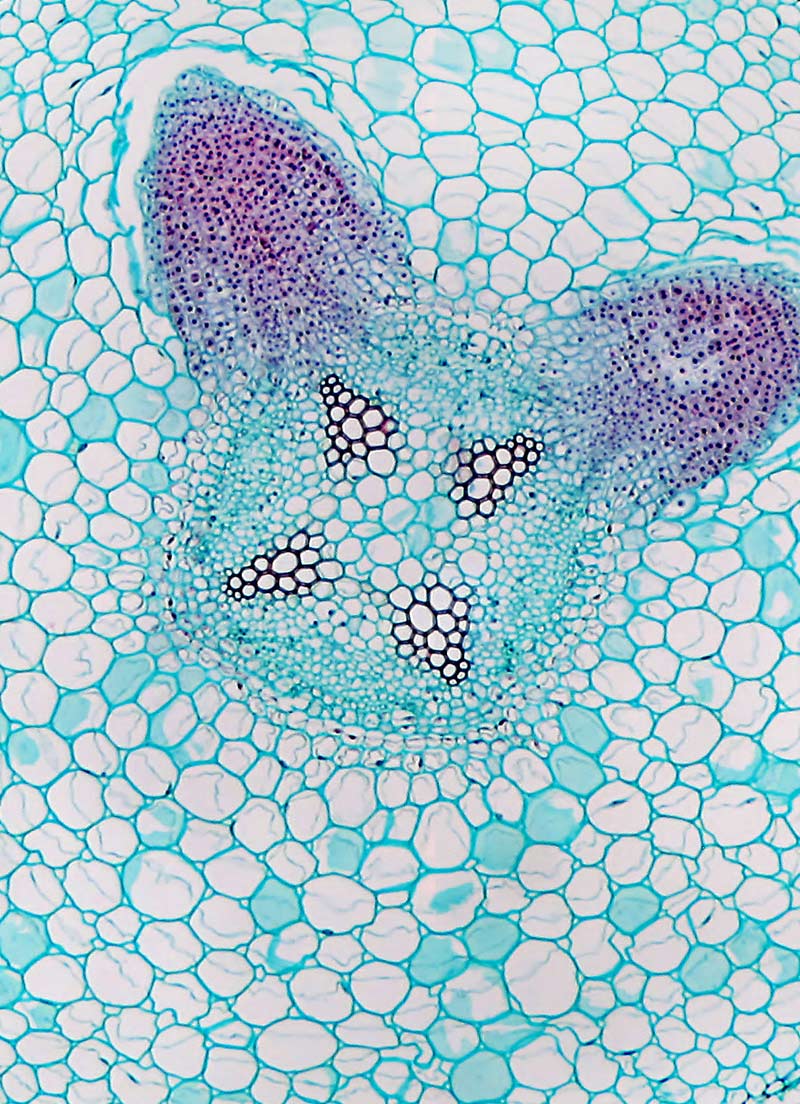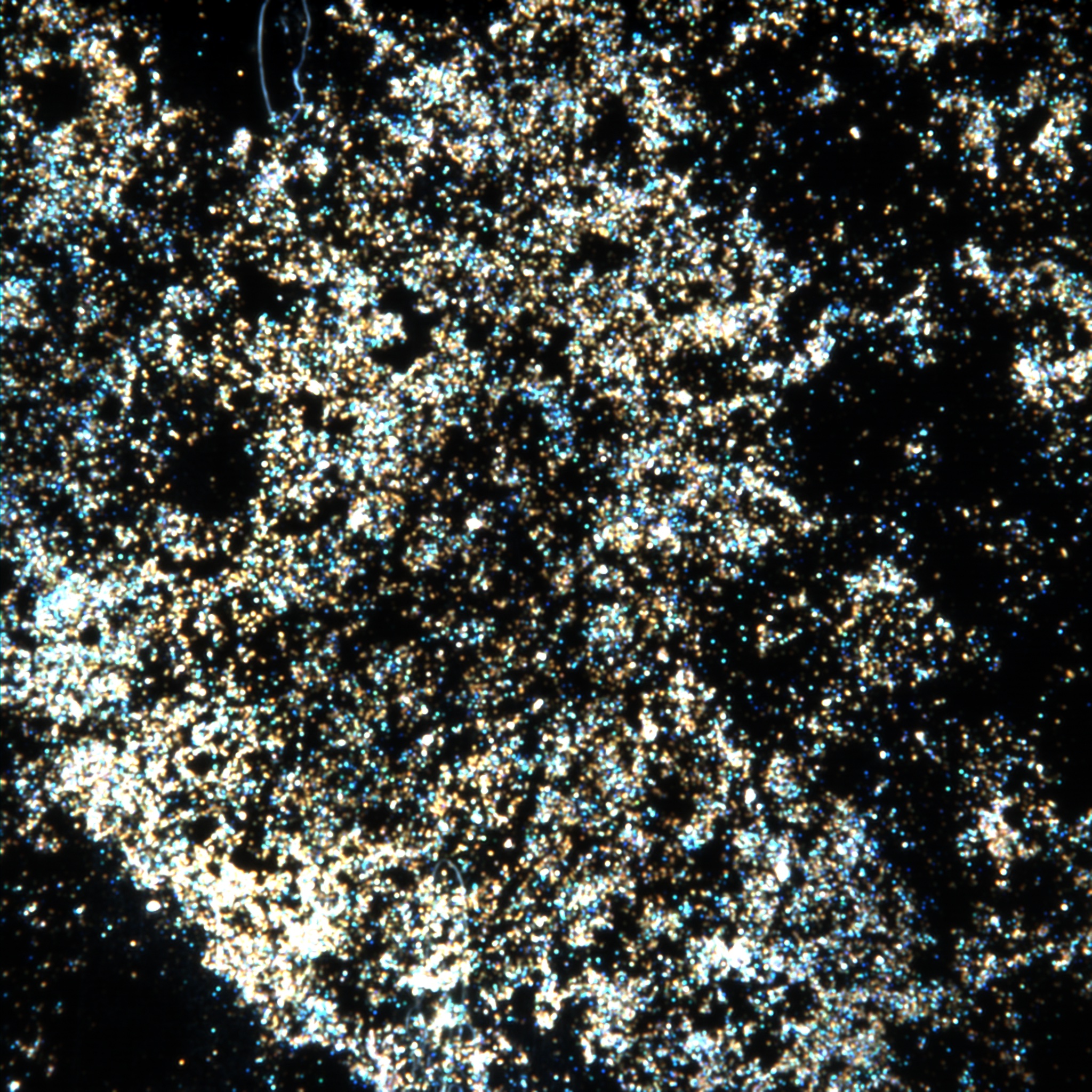The Future of Nanotechnology
The Future of Nanotechnology
The future of nanotechnology holds immense potential across various fields, ranging from medicine and electronics to energy and materials science. Here are some key aspects of what the future might look like for nanotechnology:
1. Advanced Medical Applications: Nanotechnology promises groundbreaking advancements in healthcare, including targeted drug delivery systems, early disease detection, and precise surgical tools. Nanoparticles could be engineered to deliver drugs directly to specific cells or tissues, minimizing side effects and increasing efficacy. Additionally, nanoscale devices may enable real-time monitoring of health metrics within the body.
2. Nanoelectronics and Computing: As traditional silicon-based electronics reach their physical limits, nanotechnology offers new possibilities for miniaturization and performance enhancement. Nanoscale materials like carbon nanotubes and graphene hold promise for faster, more energy-efficient electronic devices. Quantum computing, enabled by nanoscale components, could revolutionize data processing and encryption.
3. Energy Storage and Generation: Nanotechnology could play a crucial role in addressing energy challenges by improving the efficiency and storage capacity of batteries and solar cells. Nanomaterials such as nanowires and quantum dots offer opportunities for developing high-performance energy storage devices and enhancing the efficiency of solar panels.
4. Environmental Remediation: Nanotechnology-based solutions may aid in addressing environmental issues such as pollution and clean water scarcity. Nanoparticles could be utilized for filtering contaminants from water and air, as well as for catalyzing chemical reactions to mitigate pollutants.
5. Advanced Materials: Nanotechnology enables the design and fabrication of materials with unique properties and functionalities. These materials could be used for lightweight and durable construction materials, self-healing coatings, and flexible electronics. Nanocomposites, consisting of a matrix filled with nanoparticles, offer superior mechanical, thermal, and electrical properties compared to conventional materials.
6. Nanomedicine and Personalized Healthcare: Tailored nanotechnology-based treatments could revolutionize healthcare by offering personalized therapies based on an individual’s genetic makeup and specific health conditions. Nanoscale sensors and devices may enable continuous health monitoring and early detection of diseases.
7. Ethical and Societal Implications: As with any emerging technology, nanotechnology raises ethical, societal, and regulatory concerns. Issues such as environmental impact, safety risks, equitable access, and privacy must be carefully considered and addressed to ensure the responsible development and deployment of nanotechnology.
Overall, the future of nanotechnology holds great promise for addressing pressing global challenges and driving innovation across various industries. However, realizing this potential will require interdisciplinary collaboration, responsible governance, and continued investment in research and development.
Ground-breaking changes
Nanotechnology has the potential to bring about groundbreaking changes across various fields due to its ability to manipulate matter at the atomic and molecular scale.
Understand what is coming!


New age of Nanotechnology
1. Medicine and Healthcare
Nanotechnology holds the promise of revolutionizing healthcare through targeted drug delivery systems, personalized medicine, and advanced diagnostic techniques. Nanoparticles can be engineered to deliver drugs precisely to diseased cells or tissues, minimizing side effects and improving treatment efficacy. Nanoscale sensors could enable early detection of diseases, while nanorobots might perform intricate surgical procedures at the cellular level.
4. Materials Science and Engineering
Nanotechnology enables the design and fabrication of materials with novel properties and functionalities. Nanocomposites, consisting of a matrix filled with nanoparticles, exhibit exceptional mechanical, thermal, and electrical properties, leading to the development of stronger, lighter, and more durable materials for various applications, including aerospace, automotive, and construction.
5. Food and Agriculture
Nanotechnology holds promise for improving food safety, quality, and security. Nanoscale sensors and packaging materials could enable real-time monitoring of food freshness and safety, while nanopesticides and nanofertilizers could enhance agricultural productivity while reducing environmental impacts.
2. Electronics and Computing
Nanotechnology could lead to significant advancements in electronics and computing by enabling the development of smaller, faster, and more energy-efficient devices. Nanomaterials such as carbon nanotubes, graphene, and quantum dots offer superior electrical properties compared to traditional materials, paving the way for next-generation transistors, sensors, and memory storage devices. Quantum computing, which relies on principles of quantum mechanics at the nanoscale, holds the potential to solve complex problems exponentially faster than classical computers.
3. Energy and Environment
Nanotechnology offers innovative solutions to address energy challenges and mitigate environmental issues. Nanomaterials can enhance the efficiency and storage capacity of batteries and solar cells, making renewable energy sources more viable. Additionally, nanotechnology-based catalysts could facilitate more efficient and environmentally friendly processes for energy production and pollution control.
What the future holds for us
These groundbreaking changes facilitated by nanotechnology are poised to reshape industries, enhance quality of life, and address some of the most pressing global challenges. However, along with these opportunities come ethical, societal, and regulatory considerations that must be carefully addressed to ensure responsible and sustainable development.

Final thoughts
In conclusion, nanotechnology represents a transformative field with immense potential to revolutionize various aspects of our lives. Its ability to manipulate matter at the atomic and molecular scale opens up new possibilities across medicine, electronics, energy, materials science, and environmental remediation. From targeted drug delivery systems and advanced medical diagnostics to smaller, faster, and more energy-efficient electronics, nanotechnology offers groundbreaking solutions to some of the most pressing challenges facing humanity.
However, as with any powerful technology, the development and deployment of nanotechnology also raise important ethical, societal, and regulatory considerations. Ensuring the responsible and sustainable advancement of nanotechnology requires careful attention to issues such as environmental impact, safety risks, equitable access, and privacy concerns.
Moving forward, interdisciplinary collaboration, robust governance frameworks, and continued investment in research and development will be crucial to harnessing the full potential of nanotechnology while mitigating potential risks. By navigating these challenges thoughtfully and responsibly, we can unlock the transformative benefits of nanotechnology to improve lives, foster innovation, and create a more sustainable future for generations to come.

